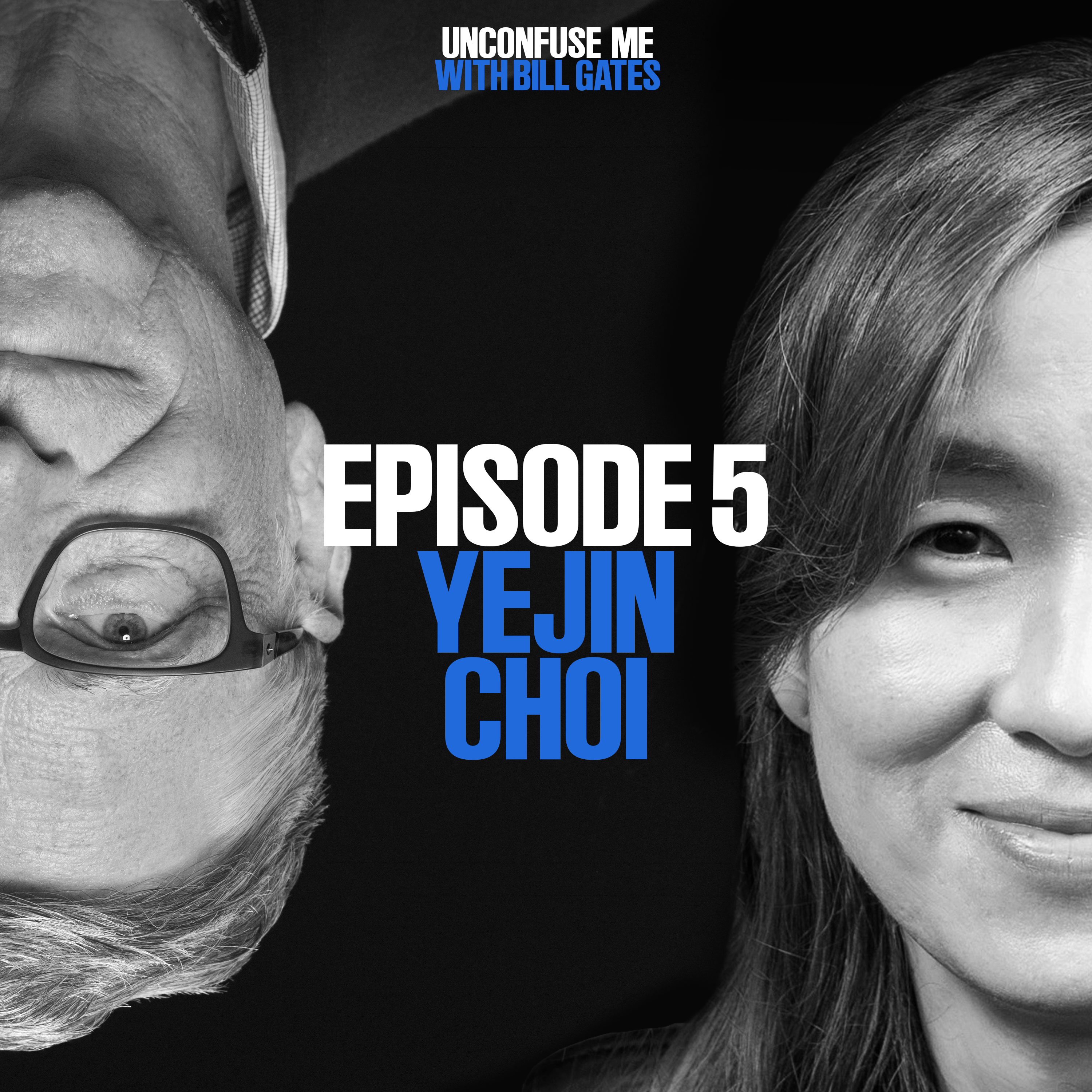
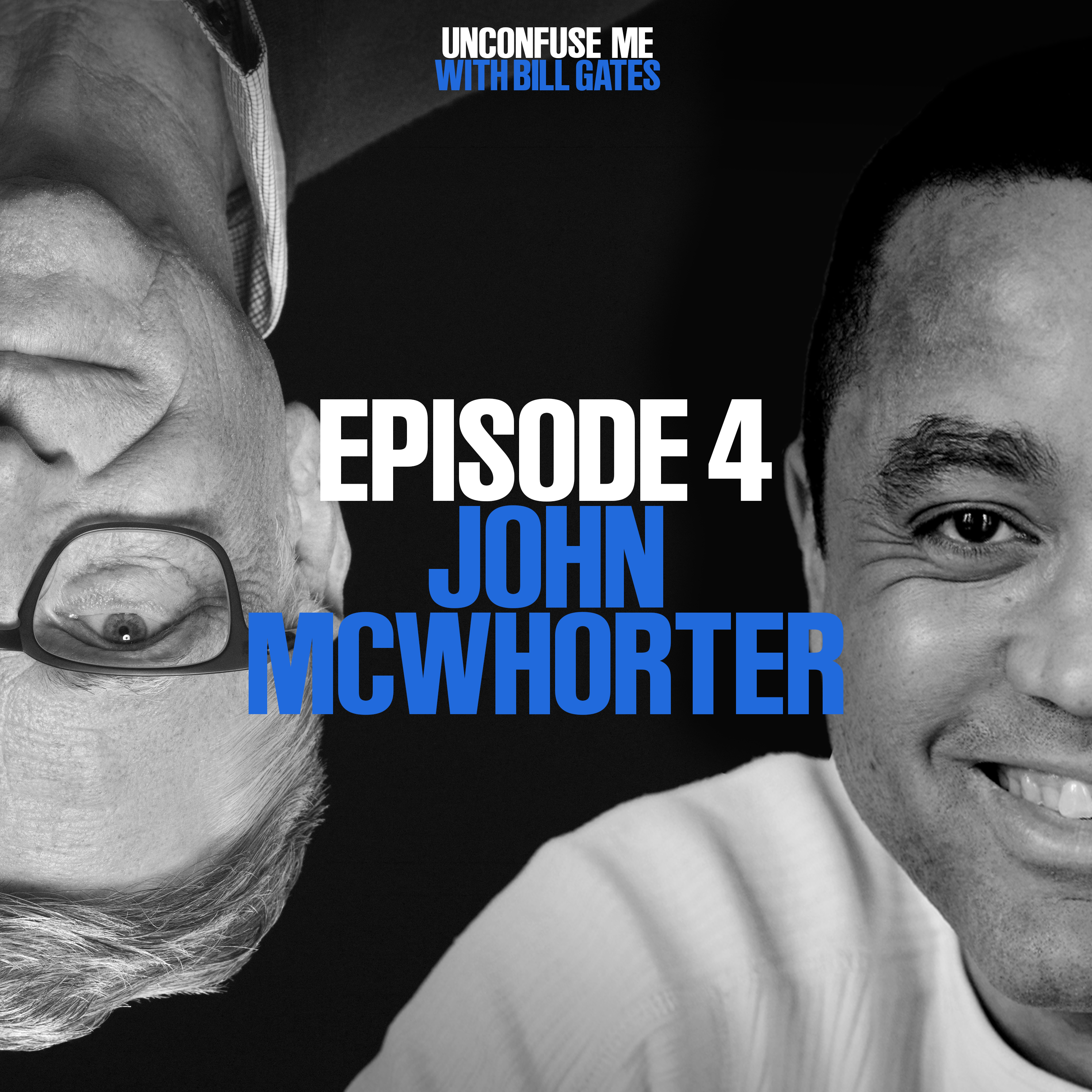
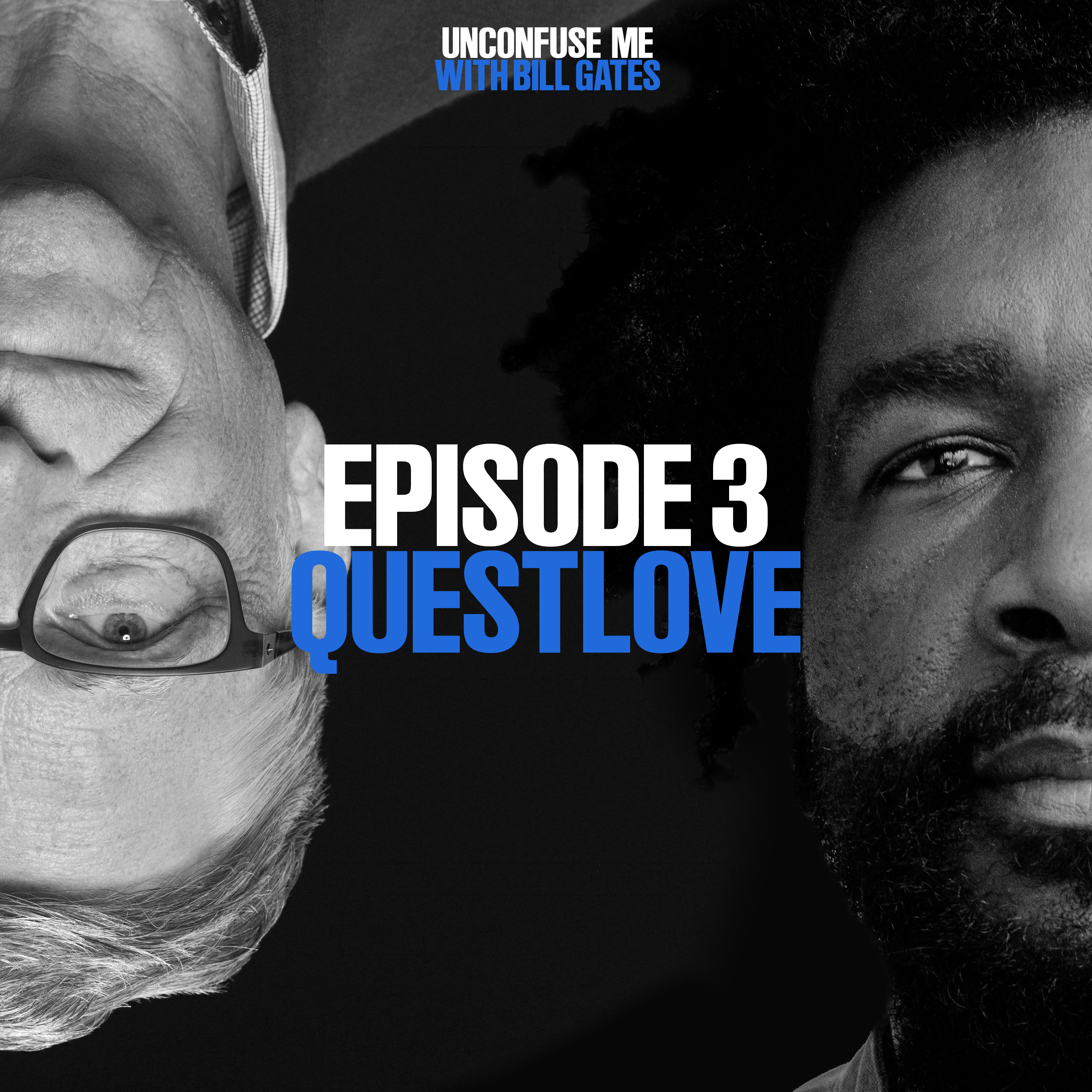
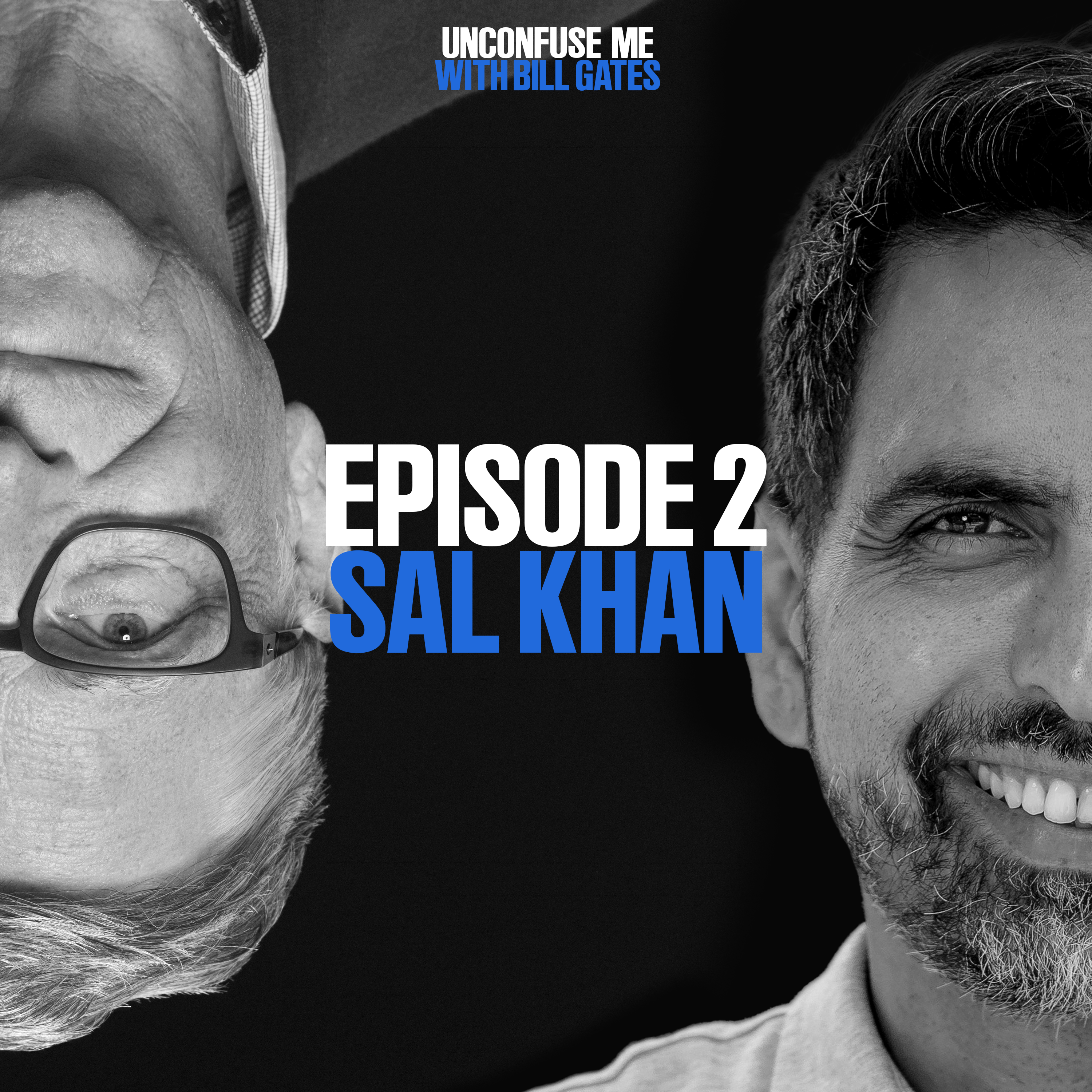
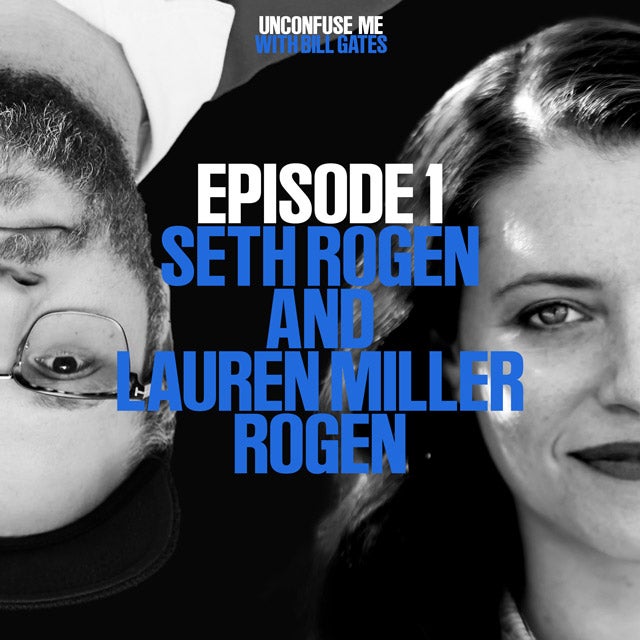


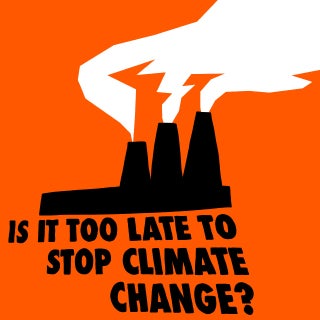

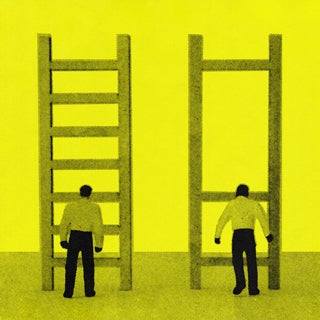













 |
| Partners in Climte Change |
In Glasgow, I saw three big shifts in the climate conversation
A lot has changed in the past six years.
by Bill Gates | November 08, 2021
GOOD READS
When I finish one book and am deciding what to read next, there usually isn’t always rhyme or reason to what I pick. Sometimes I’ll read one great book and get inspired to read several more about the same subject. Other times I am eager to follow a recommendation from someone I respect.
Lately, though, I find myself reaching for books about the complicated relationship between humanity and nature. Maybe it’s because everyone’s lives have been upended by a virus. Or maybe it’s because I’ve spent so much time this year talking about what we need to do to avoid a climate disaster.
5 Ideas for Summer Reading
Whatever the reason, most of the books on my summer reading list this year touch on what happens when people come into conflict with the world around them. I’ve included a look at how researchers are trying to undo damage done to the planet by humans, a deep dive about how your body keeps you safe from microscopic invaders, a president’s memoir that addresses the fallout from an oil spill, and a novel about a group of ordinary people fighting to save the trees. (There’s also a fascinating look at the downfall of one of America’s greatest companies.)
I hope at least one of these books sparks your interest this summer.
Lights Out: Pride, Delusion, and the Fall of General Electric, by Thomas Gryta and Ted Mann. How could a company as big and successful as GE fail? I’ve been thinking about that question for several years, and Lights Out finally gave me many of the answers I was seeking. The authors give you an unflinching look at the mistakes and missteps made by GE’s leadership. If you’re in any kind of leadership role—whether at a company, a non-profit, or somewhere else—there’s a lot you can learn here.
Under a White Sky: The Nature of the Future, by Elizabeth Kolbert. Kolbert’s latest is the most straightforward examination of “humanity versus nature” on this list. She describes it as “a book about people trying to solve problems caused by people trying to solve problems.” She writes about a number of the ways that people are intervening with nature, including gene drive and geoengineering—two topics that I’m particularly interested in. Like all of her books, it’s an enjoyable read.
A Promised Land, by Barack Obama. I am almost always interested in books about American presidents, and I especially loved A Promised Land. The memoir covers his early career up through the mission that killed Osama bin Laden in 2011. President Obama is unusually honest about his experience in the White House, including how isolating it is to be the person who ultimately calls the shots. It’s a fascinating look at what it’s like to steer a country through challenging times.
The Overstory, by Richard Powers. This is one of the most unusual novels I’ve read in years. The Overstory follows the lives of nine people and examines their connection with trees. Some of the characters come together over the course of the book, while others stay on their own. Even though the book takes a pretty extreme view towards the need to protect forests, I was moved by each character’s passion for their cause and finished the book eager to learn more about trees.
An Elegant Defense: The Extraordinary New Science of the Immune System: A Tale in Four Lives, by Matt Richtel. Richtel wrote his book before the pandemic, but this exploration of the human immune system is nevertheless a valuable read that will help you understand what it takes to stop COVID-19. He keeps the subject accessible by focusing on four patients, each of whom is forced to manage their immune system in one way or another. Their stories make for a super interesting look at the science of immunity.
 |










































